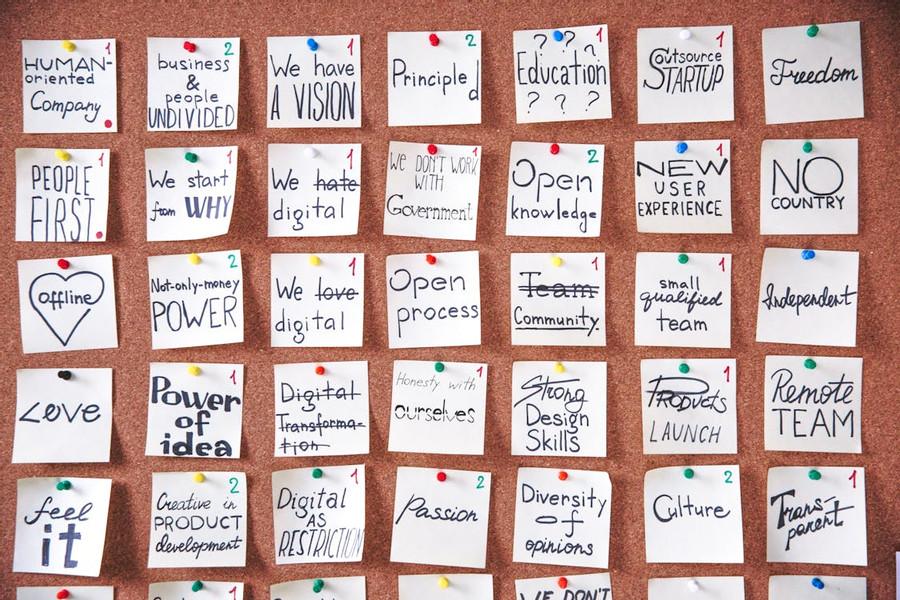The Backup Plan Paradox
Curated from: psychologytoday.com
Ideas, facts & insights covering these topics:
7 ideas
·540 reads
1
Explore the World's Best Ideas
Join today and uncover 100+ curated journeys from 50+ topics. Unlock access to our mobile app with extensive features.
The Key Points
Backup plans can undermine goal pursuit by devaluing the rewards associated with achieving a goal, thus reducing motivation.
Backup plans draw tangible and psychological resources away from your primary goal in both the planning and execution stages.
Students can focus on superordinate and concurrent goals as ways to have backup plans while limiting their impact on motivation and performance.
13
114 reads
13
110 reads
The Problem With A Backup Plan
- A backup plan is self-sabotage, imbuing doubt in the value of our goal and/or our ability to complete it.
- Backup plans can devalue the rewards that come from achieving a goal and, thus, demotivate you to complete that goal.
- Backup plans undermine our goals by gobbling up finite resources.
- Goal shielding refers to the automatic, subconscious process by which our brains inhibit intrusive thoughts so that we can focus on goal pursuit.
12
55 reads
Sunk Cost Fallacy
One may become biased toward the backup plan due to the sunk cost fallacy. Although this phenomenon normally refers to our tendency to stick to plans longer than we should because we’ve invested heavily in them (i.e., “throwing good money after bad”), the more resources we commit to our backup plan, the more likely we are to change course. So creating a backup plan often begets using the backup plan.
13
55 reads
Two Key Strategies: Superordinate Goals
Backup plans are risky business. They decrease desire and commitment to the initial goal, create an additional cognitive burden, and ultimately hinder performance.
Nobody wants to be a nurse, teacher, or engineer in a vacuum. Students learn in order to help other people, expand knowledge, build things, or satisfy other self-relevant needs while also earning a living wage. Discussing important decisions in service of students’ superordinate goals may help them stay focused on what really matters, even if they need to switch their major, program, or career path in order to achieve it.
12
51 reads
Two Key Strategies: Pursue Concurrent Goals
Superordinate goals can also afford the opportunity to pursue concurrent goals.
For example, if you want to lose weight, you can consume fewer calories and exercise more; it’s not an either-or situation and neither strategy must be relegated to “backup plan.” But students can only take so many classes at once and often cannot be in two programs simultaneously. To the extent possible, colleges should facilitate and nudge students toward classes, internships, and other experiences that help them progress toward both Plans A and B.
12
48 reads
IDEAS CURATED BY
Maxwell D.'s ideas are part of this journey:
Learn more about personaldevelopment with this collection
How to set achievable goals
How to create and stick to a schedule
How to break down large projects into smaller manageable tasks
Related collections
Similar ideas
5 ideas
5 Keys to a Strong Career Plan
linkedin.com
3 ideas
Personal Development Plan: A Complete Guide with PDP Template
oneeducation.org.uk
15 ideas
How to Write a Business Plan
articles.bplans.com
Read & Learn
20x Faster
without
deepstash
with
deepstash
with
deepstash
Personalized microlearning
—
100+ Learning Journeys
—
Access to 200,000+ ideas
—
Access to the mobile app
—
Unlimited idea saving
—
—
Unlimited history
—
—
Unlimited listening to ideas
—
—
Downloading & offline access
—
—
Supercharge your mind with one idea per day
Enter your email and spend 1 minute every day to learn something new.
I agree to receive email updates







